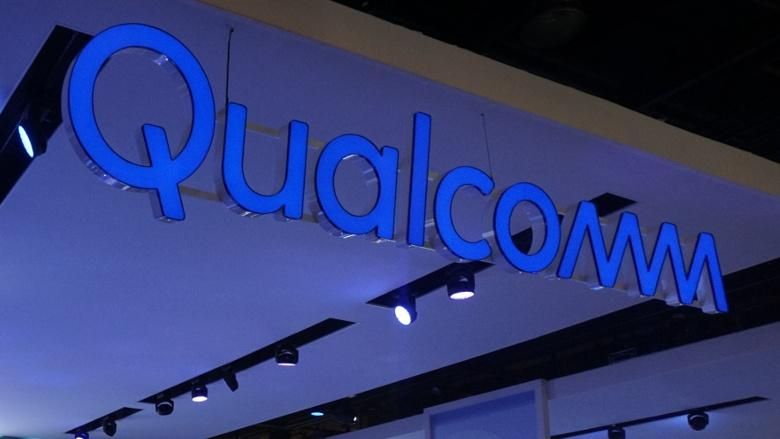Qualcomm claims that Apple stole rafts of code from the chipmaker and gave them to its competitor Intel in order to drive down modem costs while increasing connectivity quality for the iPhone.
A suit was filed in November partly on this basis, but it was only today that the San Diego-based company that it said it has evidence of this practice taking place over multiple years. Qualcomm is requesting that its new brief be tacked onto the current suit.
Intel is not being sued. Both Apple and Intel are not commenting on the matter.
Reuters reports from the brief that Qualcomm gave Apple special access to proprietary tools to help integrate its modems with iPhones. From there, the accuser claims that Apple then used those tools to access log files and sent them to Intel to purportedly help improve their modem product.
From Qualcomm’s brief:
Intel engineers even complained to Apple engineers about being unable to open Qualcomm log files, which Apple had provided to Intel, for lack of the appropriate Qualcomm tools.
In response, Apple engineers routinely used Qualcomm tools to create post-processed log files, which they sent to Intel engineers to use in improving Intel’s chipset solutions.
Qualcomm has not specified if its log files were trade secret materials, only that they benefited Intel.
Prior to 2016, Qualcomm was the sole provider of iPhone modems. That year and in 2017, the company had started sharing orders with Intel. Qualcomm had told its investors in July that it was not providing any product to Apple.
The legal spat is one of many stemming from regulatory agencies suing Qualcomm for manipulating a monopoly on the mobile processor and modem industry.
In an ironic twist, the iPhone XS working on Verizon’s network has recently been reported to have problems with both cellular and Wi-Fi connectivity.

